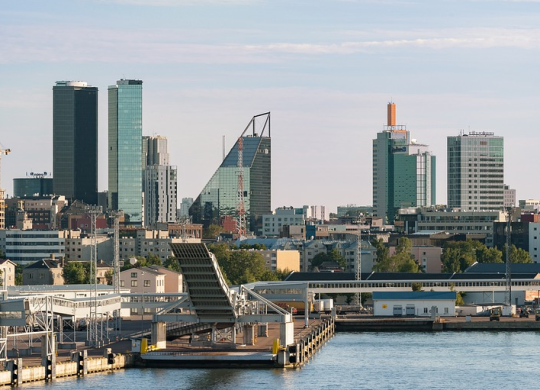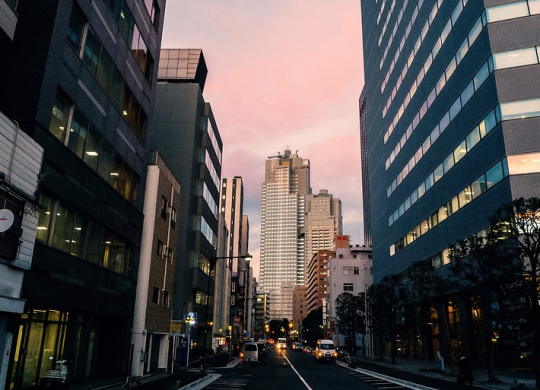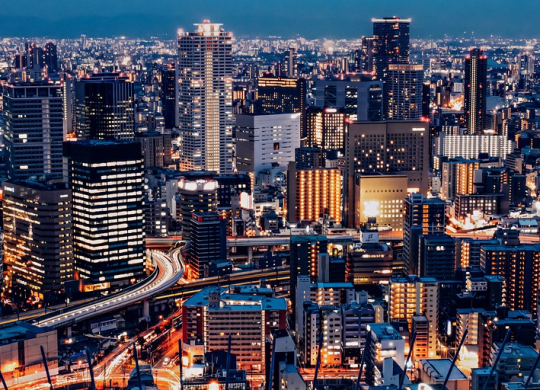Moving for permanent residence in Japan: entry rules, investment, marriage, employment
Table of contents

Land of the Rising Sun holds the leading position in the list of countries with the most wanted residence. To some extent, it can be explained by the popularity of the local pop culture: anime, manga, j-rock, and PC games. These aspects attract young dreamers who either strive to be in the middle of the events and realize their creative potential or wish to find picturesque countryside and live there without fuss or stress. Japan is also popular amongst businessmen due to its high level of technological and economic development. Yet moving to Japan isn’t easy. Despite total globalization, the country remains isolated and does not welcome immigration.
Moving to Japan
The main thing the foreigner must know before deciding to move is that Japan is a highly bureaucratic country. Dozens of papers, certificates, and permissions will be required at each step of the process. It all begins with the visa application.
Visa to Japan can be either a tourist one (it allows one to stay in the country for 90 days) or a long-term one (it is usually valid for 1 year but can be extended). The long-term visa can be compared to the residence permit and has two types: due labor activity and due status. The first type limits a foreigner's sphere of work with the one mentioned in the papers. The second type offers the same rights as citizens and thus it is hardly accessible.
A residence permit in Japan can be obtained in per following ways:
•Students visa.
It demands an invitation from the university, college or language school. Its validation term starts from 3 months and can be extended for an unlimited number of times while the foreigner is getting an education in Japan.
•Employment.
Working permits and relevant visas can be obtained by certified specialists who can prove their qualifications. Different occupations need different visas, as the document depends on the field of activity. Yet a legal contract with the employer is not mandatory for visa application: foreigners are allowed to look for a job when they enter Japan.
Note: low-qualified workers are not welcome.
•Residence permit for the high-qualified pros.
It is a kind of working visa mentioned above. But it has a peculiar feature: the selection of the candidates is based on the scoring system. To be considered the foreigner has to earn at least 70 points. The estimation includes language proficiency, education and working experience, level of income, and even matrimonial status.
This visa provides HSFP status which stands for highly skilled foreign professional. Its minimal validation term is 5 years. This document allows one to be involved in any kind of working activity along with the possibility to apply for a permanent residence permit (KMA) once this visa expires.
•Investments and entrepreneurship.
Another type of Japanese working visa. Its owner has to meet the following demands: to invest at least 50 000$ USD into the state's economy, to launch an actual working company, to employ at least two locals, to be occupied in the created firm, and to live in Japan. With this visa type, one can apply for KMA no earlier than after 10 years.
•Marriage and family reunion.
This group has two types: the first one applies to those who are moving to a Japanese spouse (citizen or resident); the second one is designed for the spouses of foreigners who are officially employed in Japan due to a working visa or HSFP. Citizens or residents’ relatives can get a residence permit without limitation on their working activities and employment type if the marriage is valid for 3 years at least. Foreign immigrant relatives can live in Japan for 5 years without permission to work there. HSFP’s relatives are allowed to work and have no limits on labor activity.
What is required for residence?
To get a desired card with the Permanent Resident sign on a general basis the foreigner has to live in Japan for 10 years and meet to be:
•Decent. Foreigner's case includes all fines and warnings, made during his or her stay in Japan, tax payment history, and recommendations from the place of work or education establishment;
•Financially independent. The government considers the official income net of taxes and supplements. If the level of income is less than 25 000$ USD per year, the foreigner is deemed to be financially dependent and thus cannot apply for KMA;
•Loyal. During the whole term of his o her residence in Japan, the foreigner has to prove his| or her reliability and consistency with the national security interests. Usually, important aspects include timely tax payments, absence of debts, and dangerous diseases or mental illnesses.
Recommended articles
4 min
Residence permit
4 min
Residence permit
5 min
Treatment
4 min
Work
All materials and articles are owned by VisitWorld.Today and are protected by international intellectual property regulations. When using materials, approval from VisitWorld.Today is required.
